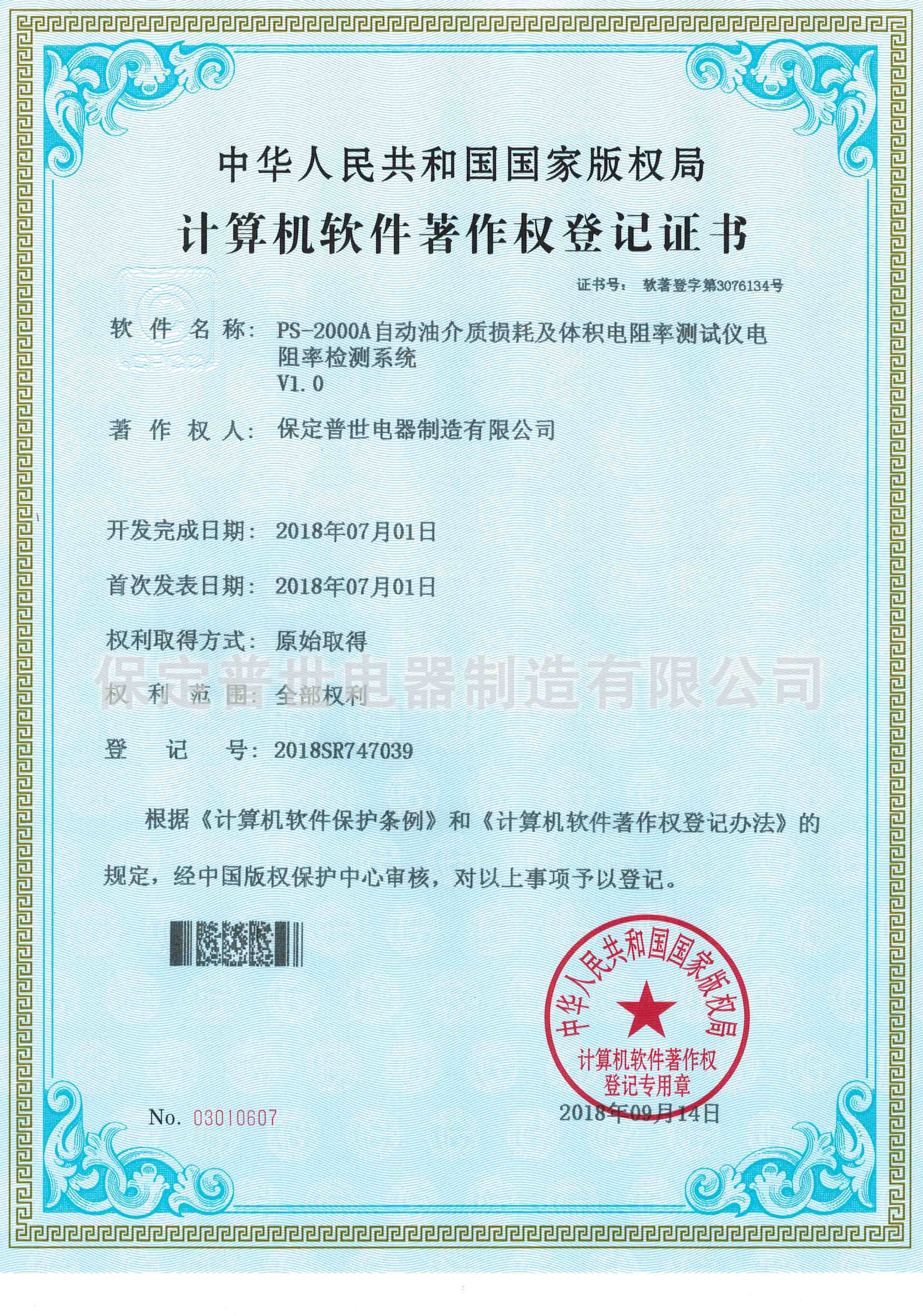 English
English


Comprehensive Analysis Techniques for Evaluating Transformer Oil Quality and Performance Metrics
Transformer Oil Testing Ensuring Electrical Reliability
Transformer oil, also known as insulating oil, plays a critical role in the operation and longevity of electrical transformers. It serves multiple functions it provides electrical insulation, facilitates heat transfer, and protects the transformer from corrosion and contaminants. However, to ensure that transformers operate effectively and safely, regular testing of transformer oil is essential. This article delves into the importance of transformer oil testing, the various tests performed, and the implications for transformer maintenance and reliability.
The Importance of Transformer Oil Testing
The integrity of transformer oil is paramount to the overall health of the transformer. Over time, various factors such as oxidation, moisture ingress, and electrical stress can degrade the quality of the oil, leading to reduced insulation properties and potential transformer failure. Regular testing helps identify any deterioration before it leads to catastrophic events, thereby safeguarding investments and ensuring uninterrupted power supply.
Testing transformer oil provides valuable insights into a transformer’s operational conditions. By analyzing the chemical and physical properties of the oil, operators can assess the need for maintenance or replacement of the oil, and make informed decisions regarding the operation of the transformer.
Key Tests in Transformer Oil Testing
1. Dielectric Strength Test This test measures the oil's ability to withstand high voltage without breaking down. A higher dielectric strength indicates better insulating properties. The test is conducted using a dielectric strength test set, and results are crucial for understanding the risk of electrical failure.
2. Moisture Content Analysis Water presence in transformer oil can significantly lower its insulation capabilities. Tests such as Karl Fischer titration are used to determine moisture levels. Keeping moisture content low is vital for maintaining the transformer’s performance and extending its service life.
transformer oil testing

3. Dissolved Gas Analysis (DGA) This test examines gases dissolved in the oil to diagnose potential faults within the transformer. Different gas levels can indicate specific issues, such as overheating or arcing. Regular DGA can provide early warnings of potential failures, allowing for timely intervention.
4. Furan Analysis This assesses the condition of paper insulation by measuring furans, which are byproducts of cellulose degradation. High levels of furans suggest that the insulation is deteriorating and may require a thorough inspection or replacement.
5. Acidity and Total Acid Number (TAN) The acidity of transformer oil can indicate oxidation and degradation. A higher TAN value suggests that the oil has broken down, potentially leading to further corrosion of internal components. Regular monitoring of acidity levels is vital for proactive maintenance.
Implications of Transformer Oil Testing
The results of transformer oil tests provide critical information for maintenance scheduling, budgeting, and operational planning. For instance, if tests indicate low dielectric strength or high moisture content, organizations can prioritize oil purification or replacement before a failure occurs. This not only minimizes downtime but also drastically reduces repair costs and safety risks.
Furthermore, by adhering to a systematic oil testing schedule, utilities can extend the lifespan of their transformers, improve operational efficiency, and enhance safety protocols. In many jurisdictions, regulatory compliance necessitates regular oil testing as part of safety standards, making it not just beneficial but also essential for compliance.
Conclusion
In conclusion, transformer oil testing is a vital practice within the electrical industry that helps ensure the reliability and longevity of transformers. By regularly assessing the quality and condition of transformer oil through a series of standardized tests, organizations can mitigate risks, make informed maintenance decisions, and maintain the operational integrity of their electrical infrastructure. In an era where reliability in electrical supply is paramount, the importance of transformer oil testing cannot be overstated.
-
Differences between open cup flash point tester and closed cup flash point testerNewsOct.31,2024
-
The Reliable Load Tap ChangerNewsOct.23,2024
-
The Essential Guide to Hipot TestersNewsOct.23,2024
-
The Digital Insulation TesterNewsOct.23,2024
-
The Best Earth Loop Impedance Tester for SaleNewsOct.23,2024
-
Tan Delta Tester--The Essential Tool for Electrical Insulation TestingNewsOct.23,2024





